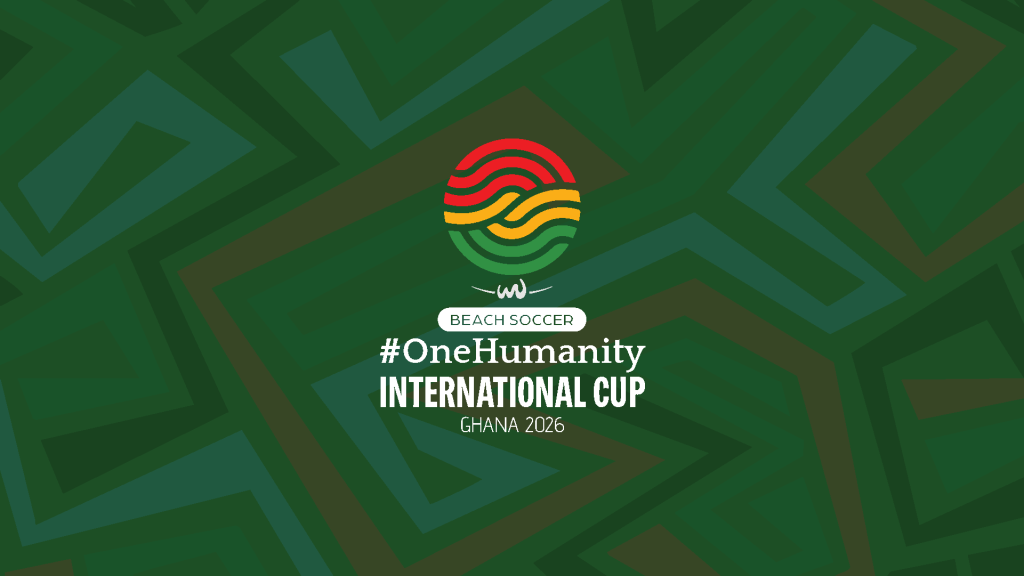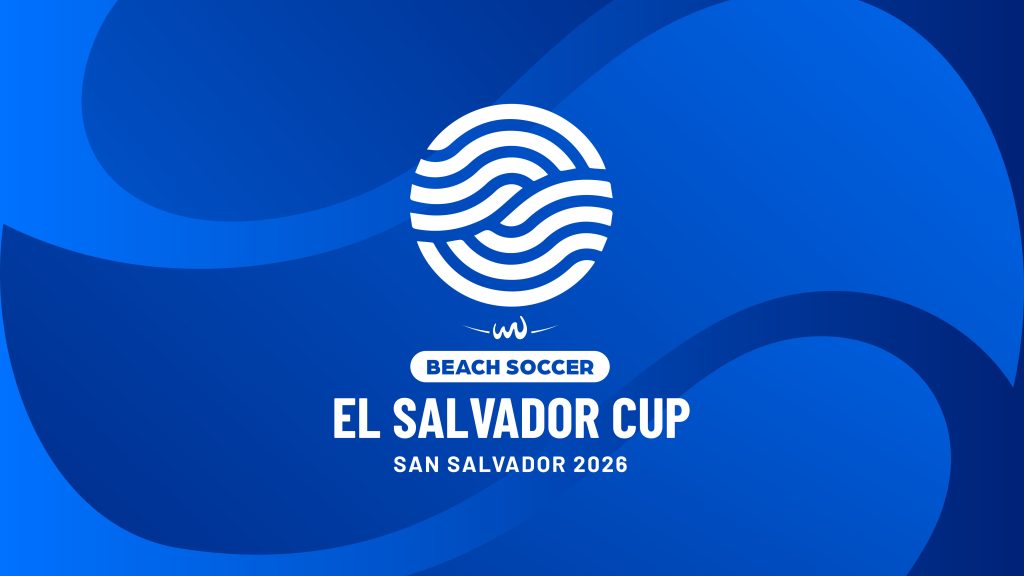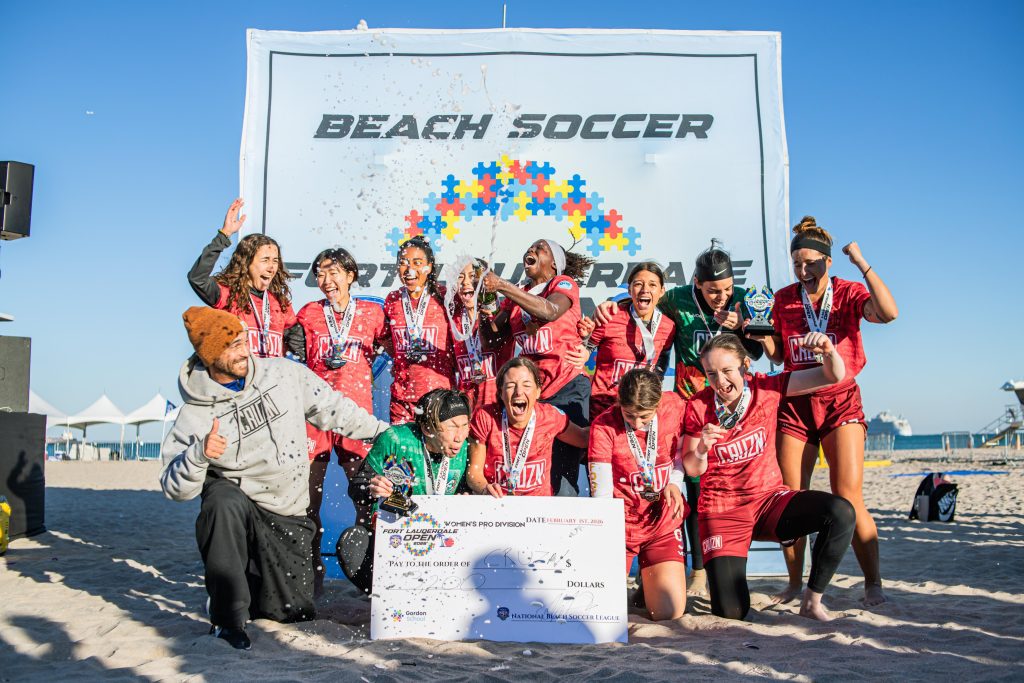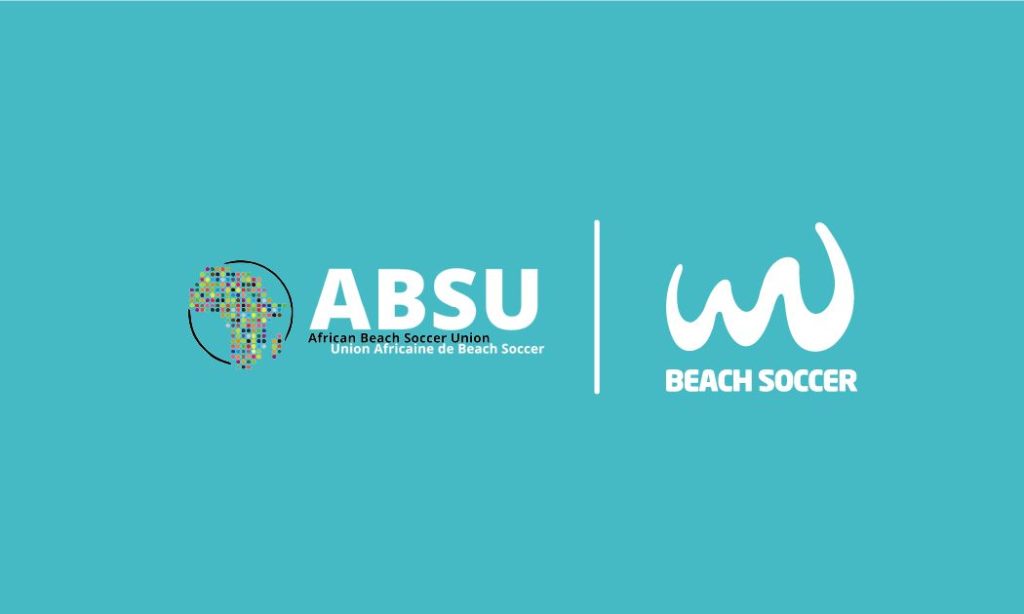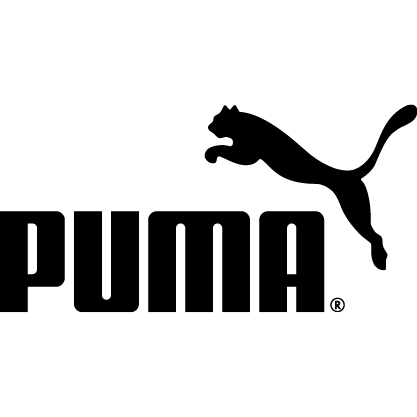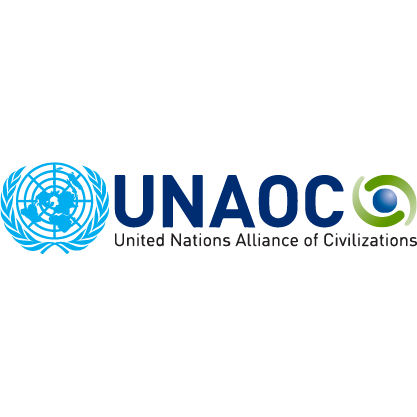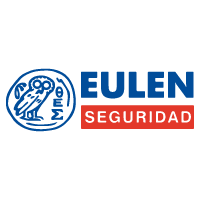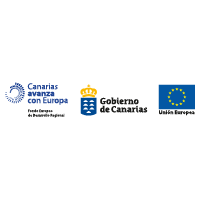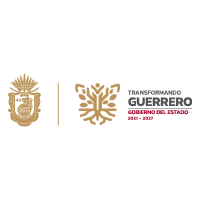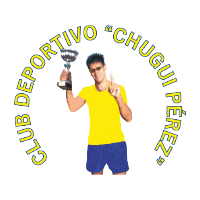Walid Mohammed opens up about his story of glory, grief and sacrifice and how it has shaped his beach soccer career
Emotion and passion: these are the words to best describe Walid Mohammed’s relationship with the sport he has dedicated his life to.
His journey through beach soccer, and through life, has not been an easy one, beset with pain and sacrifice, but his inspiring message is one of perseverance, passion and hard work.
One of six children – his brother Ali also plays in the UAE national team – Walid Mohammad Mohammadi was born on 1 April 1984 in Dubai, United Arab Emirates. Back then, the glittering city of skyscrapers and superlatives that we know today, had a very different skyline…
“I spent all my time playing soccer on sand in the area called Al Satwa in Dubai, where the tall buildings are now, in Shaeikh Zayed. Until 2000, all this area was just sandy soccer fields.
Not many people are aware, but we started the first beach soccer competition in Dubai Summer Festival in 1995 at Dubai International Marine Club, where we held the Intercontinental Cup between 2013 and 2016. There were no buildings at that time, just a sandy beach.
I was the youngest player in the youth tournament at the age of just 11 with youth teams. For me it normal because every day we’d play games, and every weekend we used to have a competition. The soccer players who used to play in clubs used to skip there training to play on the sand.”
From being young, Walid was aware of beach soccer and he been a fan since the very beginning of the sport.
“I remember between 1995 until 2005 beach soccer started with many footballing legends and top players in Brazil, such as Junior and Romario and then Cantona from France. In the UAE it was the same with many players from the national team who qualified to FIFA World Cup 1990, such as Bakhit Saad.”
But there was one player in particular who really made an impression on and stood out for the aspiring beach soccer striker…
“Jorginho attracted me to beach soccer more than anyone else. The way he played made me fall in love with this game even more. I remember his talent was truly incredible.”
After years of playing everyday and watching the sport of beach soccer grow, Walid was inspired enough to start taking his skills on the sand to the next level.
“I wanted to play for national team and at the end of 2010 I called the manager, Mr. Bader Hareb. He advised me to go to training and meet coach Marcelo Mendez. After the first training session Marcelo asked me to commit to the team. I immediately said a big, 100% yes.
The very next day, he brought me a bag with a full UAE national team kit. I was so glad and after a few months he presented me the with the number 10 shirt. I played my first competition, the FIFA Beach Soccer World Cup qualifier, in Muscat 2011. My first official game was against Indonesia, and they started with a 1-0 lead, when I came off the bench I scored to equalize and we won the game 6-1.”
He may have cemented his position in the national team, but Walid still had numerous other responsibilities in his life that he had to juggle.
“I was playing with the national team, working and studying at the same time. I used to leave the house at 6am and go to sleep at midnight. It was very difficult but I got 97% in my degree from the American University UAE – Dubai, achieved great things with the national team and also became a distinguished employee at work.”
As well as captaining his national beach soccer team, Walid holds the prestigious position of Human Resource Manager at Dubai Electricity and Water Authority, and he really sees the value of putting in long hours in his student days.
“I want to advise and encourage all young players and athletes to focus on their education and work hard while enjoying their sport.”
As a boy, Walid looked up to his uncle a lot, as he was also a football player, but his main inspiration came from his father, who he tragically lost to cancer in May 2018.
“My dad was my main influence in my career and in all walks of my life. I work hard because I remember how much he sacrificed for us. He was the only one who I didn’t see much because he was always working hard to give us a good life.
I do every single thing in my career with commitment and responsibility, because my family and myself never got things easily. I don’t want to go into too much detail but believe me when I say that we struggled and sacrificed a lot.”
As his father’s condition worsened, he had to go to Germany for treatment in 2016, and for the star number ten, that meant having to make a tough decision…
“I stopped playing beach soccer to go to Germany with my dad, but my heart was always on the sand. We hadn’t qualified to the 2015 to World Cup and things were not going well but by end of 2016 my dad encouraged me to go back to Dubai and play.”
With his dad’s blessing, the captain returned to his team.
“I used to travel to Germany to check up on him, so I barely had time to focus on other things. We used to watch repeats of my games together. When we came back to Dubai he advised me to continue playing and, in my first competition back, I lead UAE to the 2017 World Cup in Bahamas.
He always wanted to see me fighting for the national team and make our nation and leaders happy so that is still my aim and goal today.
I left my job, my passion and everything else to support him. Sometimes life takes you away from things you love, but once you return to them, especially with motivation from your loved-ones, it’s different. It’s more than just a game.”
Last season was a special one for the UAE national beach soccer team for many reasons, and they are performing at a higher level than ever, among the beach soccer elite. It is easy to see why the Emirati skipper looks back fondly on the year.
“2019 was amazing… I really want to thank all my teammates because it was all about team work, playing the final of the AFC championship, qualifying to the World Cup and the first ANOC World Beach Games. This gave us confidence for the Intercontinental Cup. We came third but I think we could have even been champions but unfortunately penalty kicks and luck smiled on Iran in semi-final.”
They may have missed out against the three-time Intercontinental champions, but the UAE fanbase had seen enough to appreciate the talent and effort of their national side.
“People just love us, because they know we achieved great things with minimum resources. Wherever I go personally or even in social media I find love and respect, this gives me and my teammates a lot of responsibly to achieve and sustain and keep people happy and proud.
28,000 people came to watch the Intercontinental Cup 2019. That was more than the UAE football league attendance in the same week. Everyone in the country says that we have set an example to other national teams.”
The future certainly looks bright for the Emirati, and Walid is positive about the development of the sport in his country.
“I am glad to see how beach soccer is growing in UAE where the new generation has a lot of opportunity to build careers as professional beach soccer players.
In UAE I am confident now, with the new president Shaikh Rashid AL Nuaimi, the future will be proud and bright and beach soccer will lead us to achieve great things.
Working hard with belief and passion leads to success and achievement. Then, with achievement, you can write history and once you write history, you can be proud. I am proud but I believe achievement has no end I still want to achieve more.”
It is a very apt day to share the story of the Emirati captain, as 4 February is World Cancer Day. We would like to show our unity and support for Walid and his family, as well as everyone who has been affected by cancer.
We are all beach soccer, and we will fight for a cancer free world.










